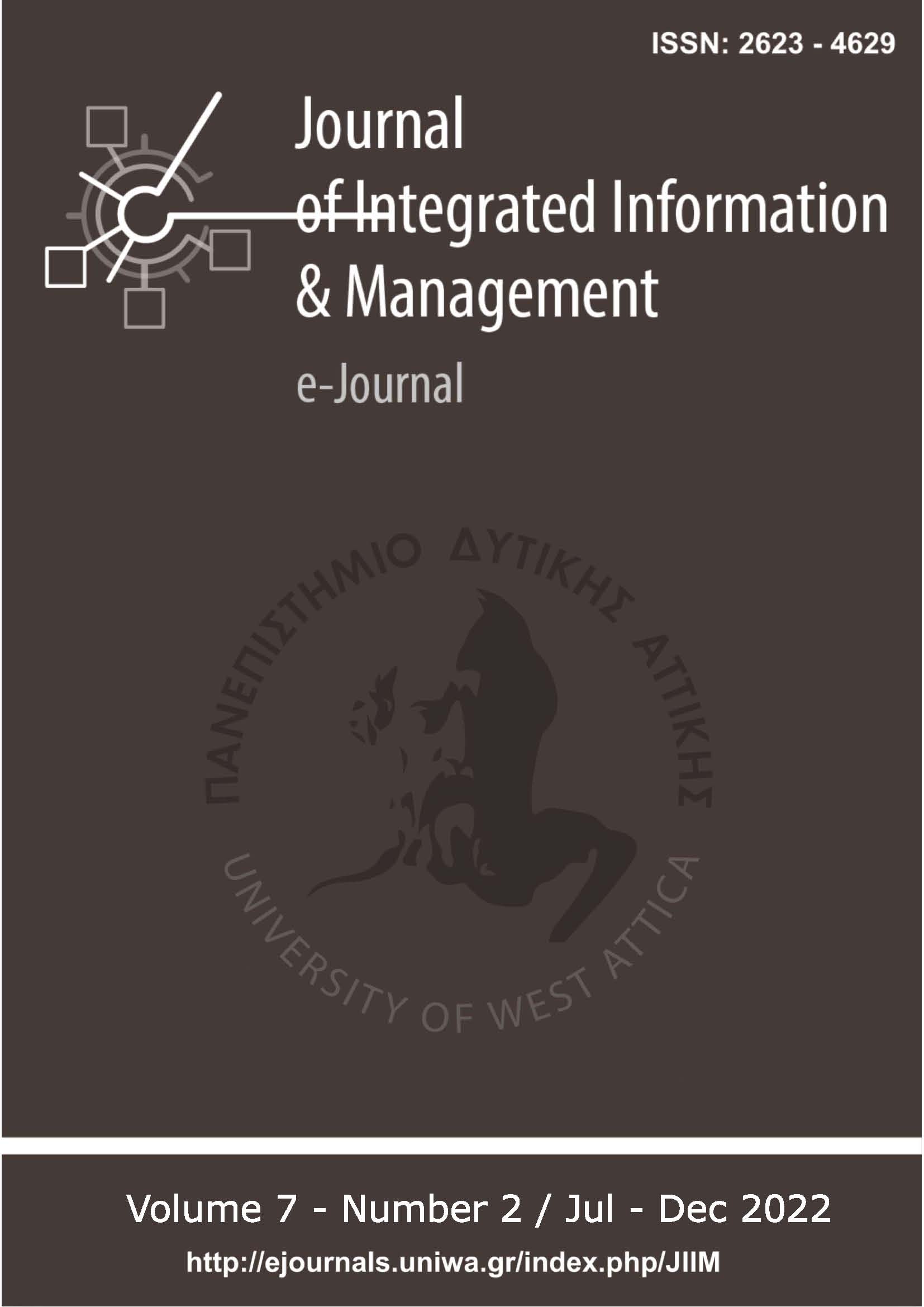Bibliotherapy A "new" service for Libraries

Abstract
Purpose - The present research aims to investigate the nature and characteristics of bibliotherapy, as they have been formulated in experts' opinions related to the specific topic. The research aimed to set a general framework and to examine the relationship between bibliotherapy and librarians.
Design / methodology / approach - The generic purposive sampling technique was used to investigate the topic. Six in-depth semi-structured interviews were conducted. Interview data were analyzed, and 5 distinct categories emerged.
Findings – Participants believe that books can be used to treat psychological problems and difficulties and improve the quality of life of individuals. Thus, bibliotherapy can be viewed as an opportunity for libraries to strengthen their position in modern societies and offer new, relevant services.
Originality / value - The paper presents the views of six experts (three from Greece, one from Italy and two from the UK). Two of them were approached due to their direct professional involvement with bibliotherapy. The remaining participants are connected in various ways to books and reading and have a good insight into the therapeutic potential of books.
Article Details
- How to Cite
-
Giannakopoulou, F., Antoniou, A., Vraimaki, E., & Maniadaki, K. (2024). Bibliotherapy: A "new" service for Libraries. Journal of Integrated Information Management, 7(2), 7–12. Retrieved from https://ejournals.epublishing.ekt.gr/index.php/jiim/article/view/37903
- Section
- Research Articles

This work is licensed under a Creative Commons Attribution-NonCommercial 4.0 International License.
Copyright Notice
Authors who publish with JIIM agree to the following terms:
- Authors retain copyright and grant the journal right of first publication with the work simultaneously licensed under a Creative Commons Attribution Non-Commercial License that allows others to share the work with:
- An acknowledgment of the work's authorship and initial publication in this journal.
- Authors are permitted and encouraged to post their work online (preferably in institutional repositories or on their website) prior to and during the submission process, as it can lead to productive exchanges, as well as earlier and greater citation of published work.





